Lebanon on verge of social explosion amid deepening economic crisis, political stalemate: Caretaker PM
Lebanon’s caretaker premier Hassan Diab has warned that the Western Asian country is on the cusp of a “social explosion” amid a deepening economic crisis compounded by a stalemate on government formation.
“Lebanon is a few days away from the social explosion. The Lebanese are facing this dark fate alone,” Diab said during a meeting with ambassadors and representatives of diplomatic missions in Beirut.
Diab, who has been serving in a caretaker capacity since resigning in the wake of the catastrophic Beirut port explosion last August, called on the international community to save the country from its current crisis.
Since then, Lebanese political groups have failed to resolve their differences and form a government.
The World Bank has called Lebanon’s crisis one of the worst depressions of modern history, ranking it among the world’s three worst since the mid-1800s in terms of its effect on living standards.
The country’s currency has lost more than 90% of its value since fall 2019 and more than half of the population has been rendered jobless as businesses have shut down.
According to the World Bank, the gross domestic product (GDP) of the country of six million people nosedived by about 40 percent to $33 billion last year, from $55 billion in 2018.
The double blow of the COVID-19 pandemic and the Beirut port explosion has made the difficult situation even worse in the country.
Diab said only a new cabinet could resume talks with the International Monetary Fund (IMF) in a bid to find a way out of the current economic crisis.
“This government does not have the right to resume negotiations with the IMF to implement the recovery plan set by the cabinet, for this entails obligations on the next government that it may not endorse,” he told the foreign envoys.
European Union foreign policy chief Josep Borrell last month told Lebanese President Michel Aoun that the Lebanese politicians were to blame for the political and economic crisis, warning that some could face sanctions if they continue to obstruct steps to form a new government and implement reforms.
Diab noted repeated calls for assistance, but said “the siege imposed” on his country was not affecting the corrupt — an apparent reference to politicians.
He said Lebanese were running out of patience and “linking Lebanon’s assistance to the formation of a new government has become a threat to the lives of the Lebanese and to the Lebanese entity.”
Pertinently, after his resignation last year, Diab blamed Lebanon’s many problems on a “system of corruption” that he said is not only “deeply rooted in all the functions of the state,” but in fact “bigger than the state” and so powerful that the state “cannot confront it or get rid of it.”
Last month, the secretary-general of the Hezbollah resistance movement, Sayyed Hassan Nasrallah, said the only way out of Lebanon’s financial crisis was the formation of a viable cabinet.
“The only realistic thing for the Lebanese today is that the prime minister-designate, in cooperation with the president, forms a government,” he said.
Nasrallah had earlier warned against attempts by certain groups to foment a civil war in the cash-strapped country on economic, racial, and religious grounds, emphasizing that Hezbollah will not allow anyone to realize such a fiendish plot.
Italian farmers protest EU-Mercosur free trade deal
VIDEO | Russian FM holds annual press briefing, highlighting ‘equality-based’ diplomacy
VIDEO | Israel rejects Gaza 'technocratic body' amid continued suffering in Gaza
Iranian prodigy Benyamin Faraji wins Under-17 title in Qatar
VIDEO | Press TV's news headlines
VIDEO | Tehran residents condemn US-Israel orchestrated mosque arson, vandalism
VIDEO | South Koreans demand end to joint US military drills and provocative policy against North Korea
VIDEO | A silent grief: Palestinian man struggles to recover remains of wife, children


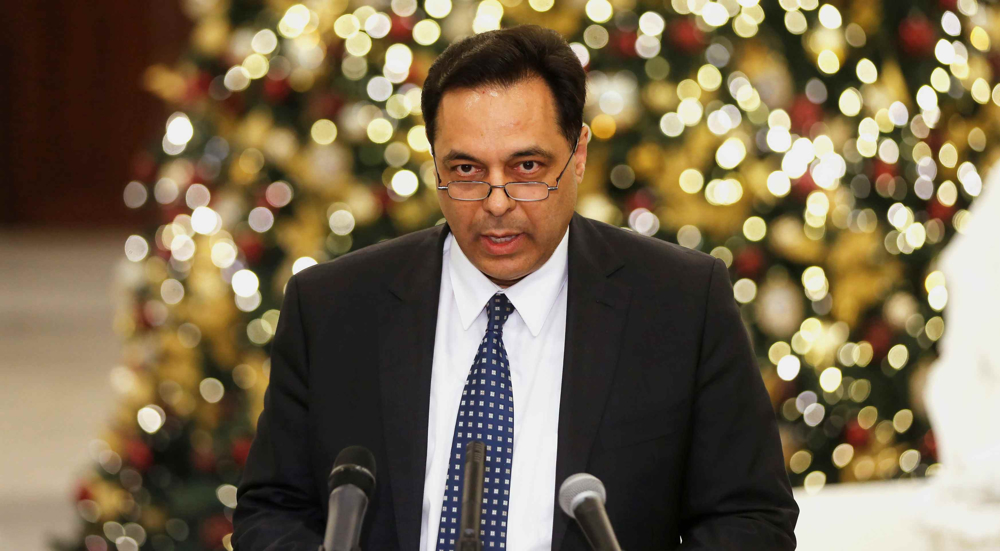
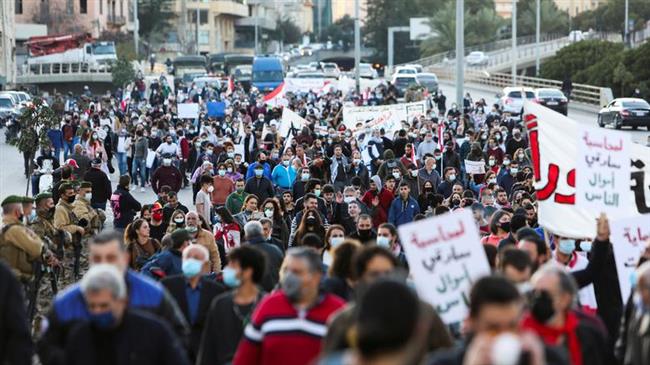
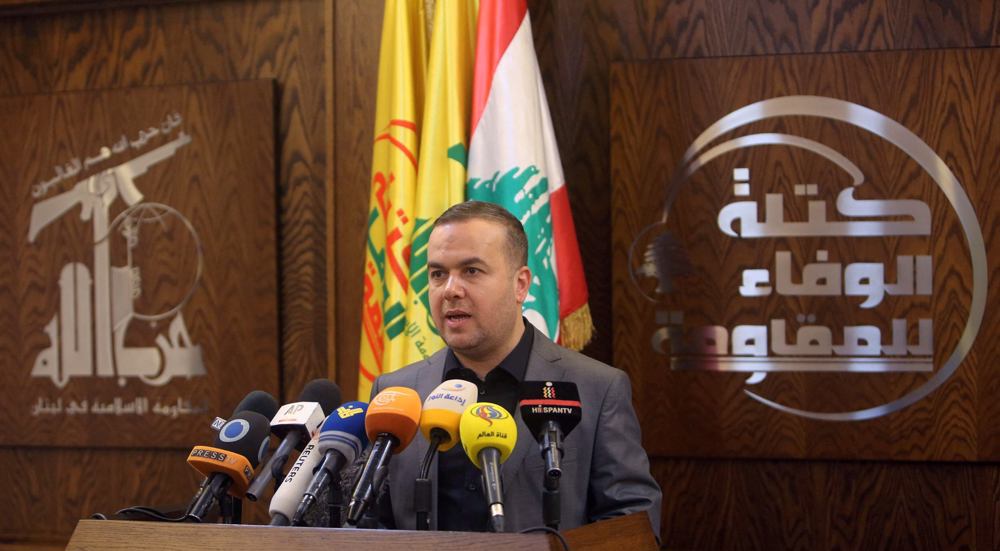
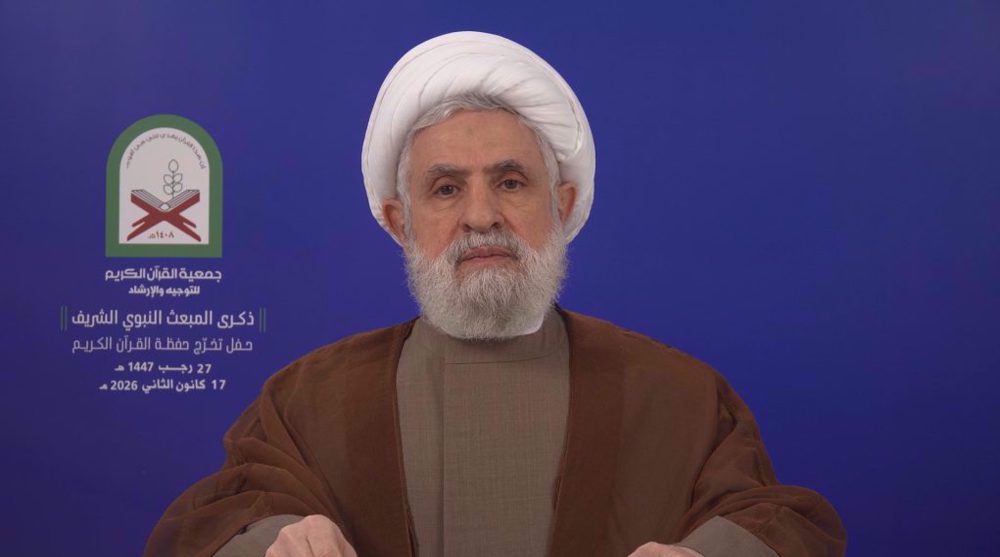
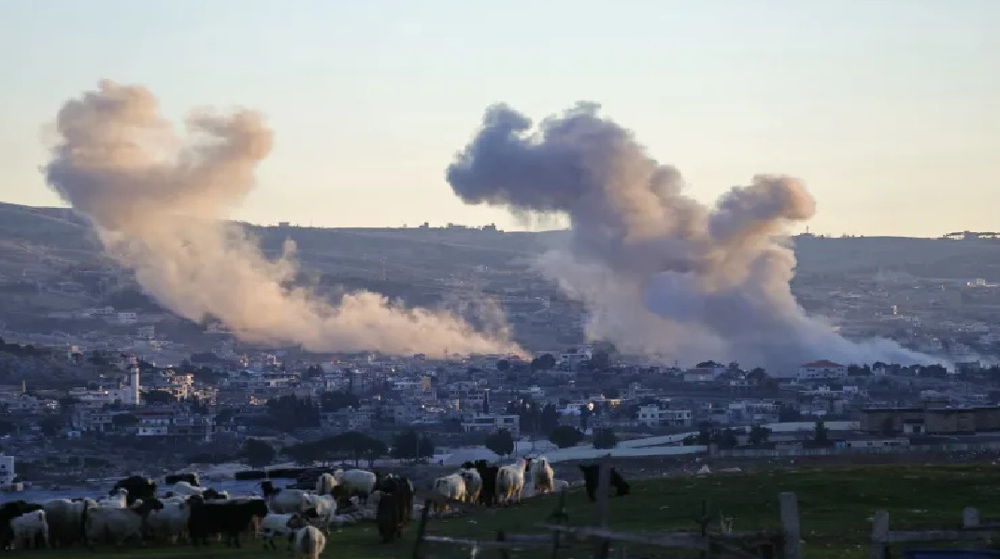



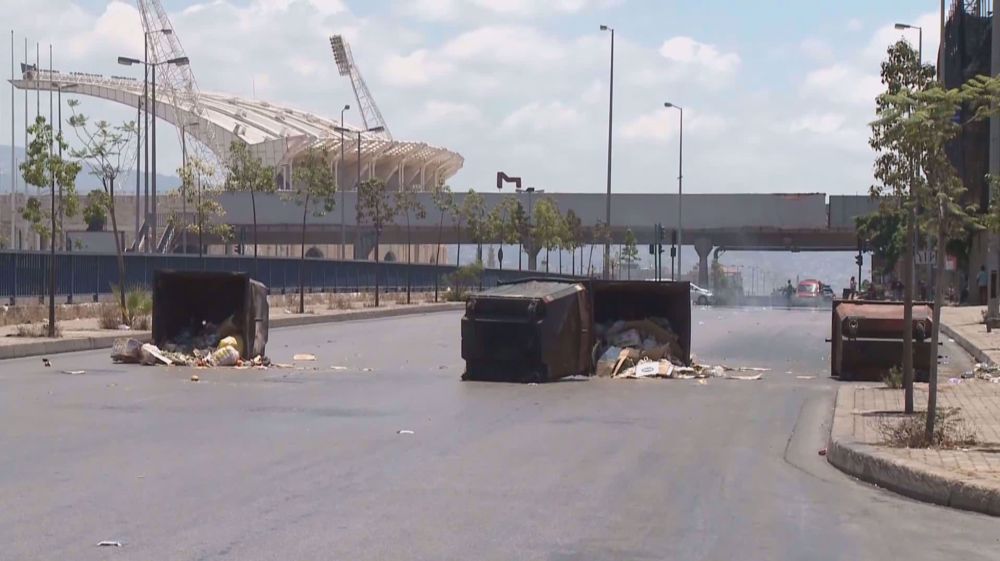
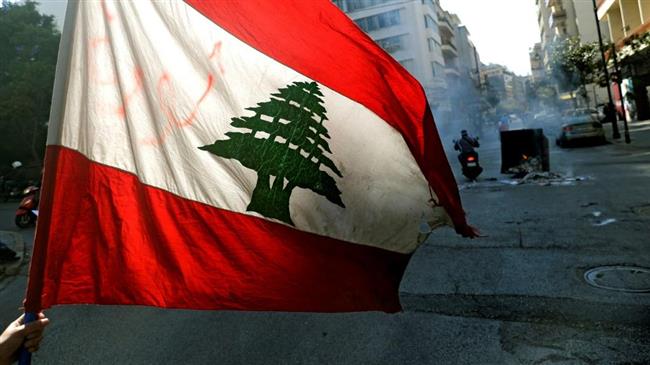
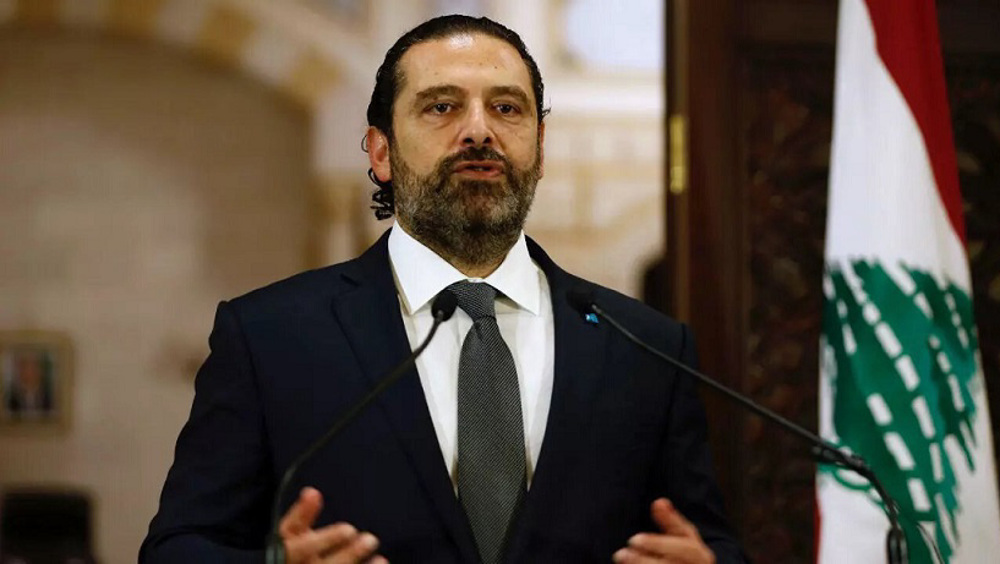

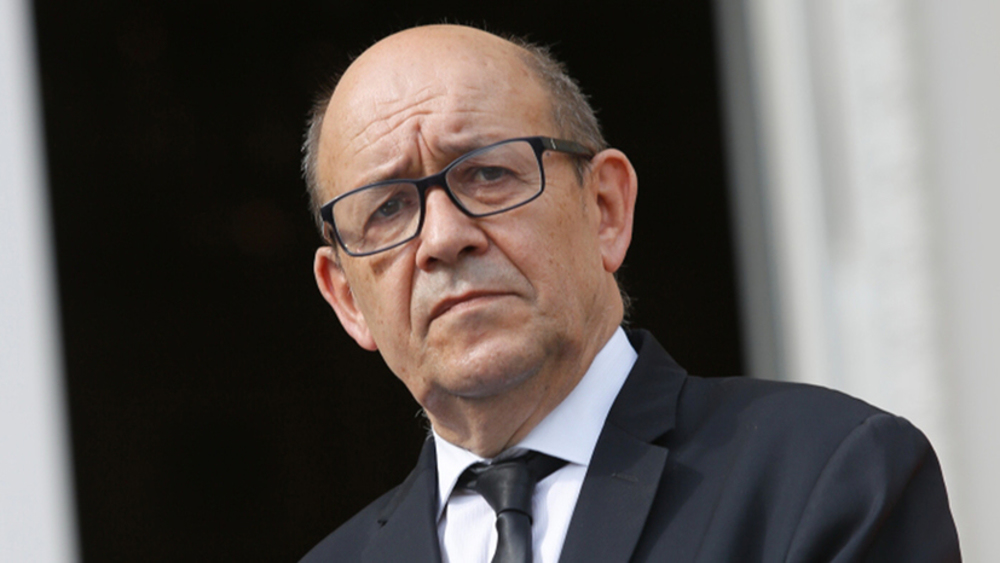

 This makes it easy to access the Press TV website
This makes it easy to access the Press TV website